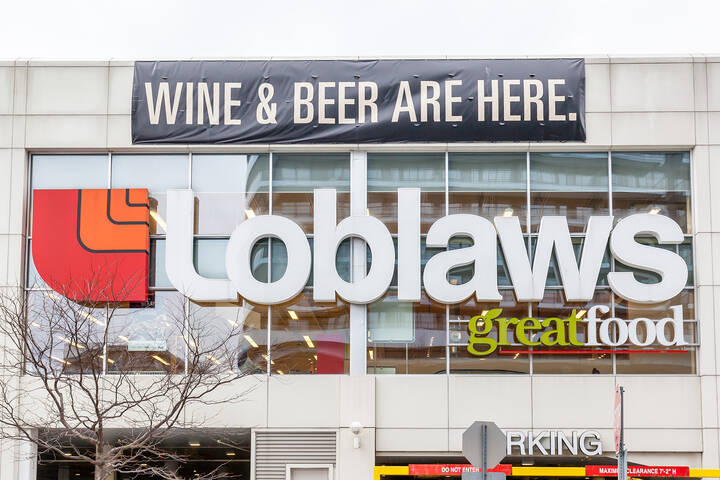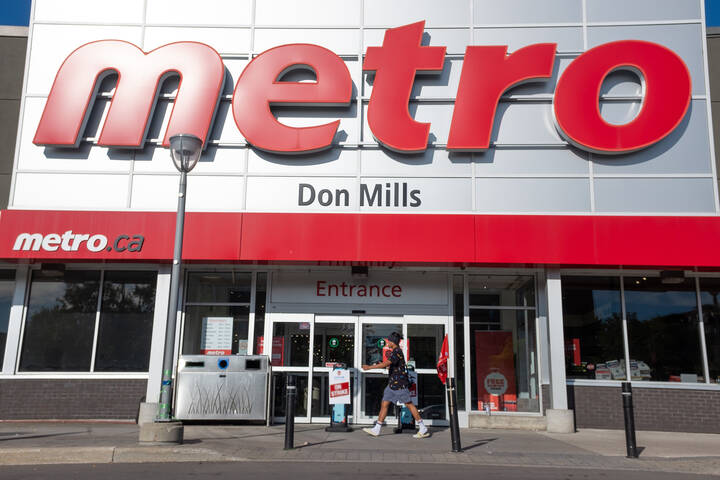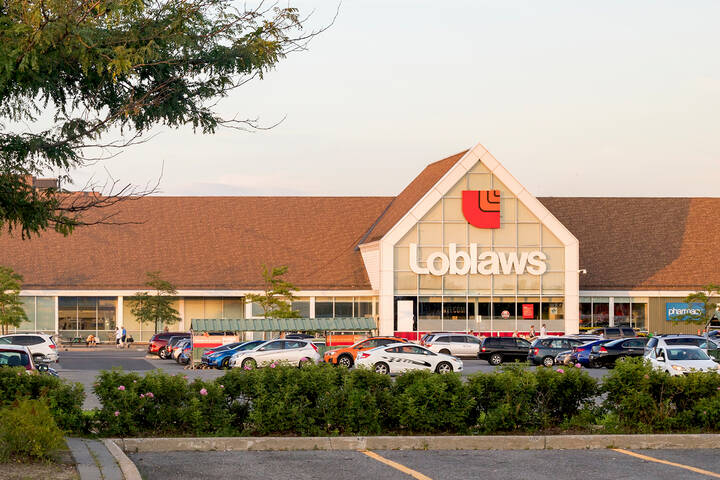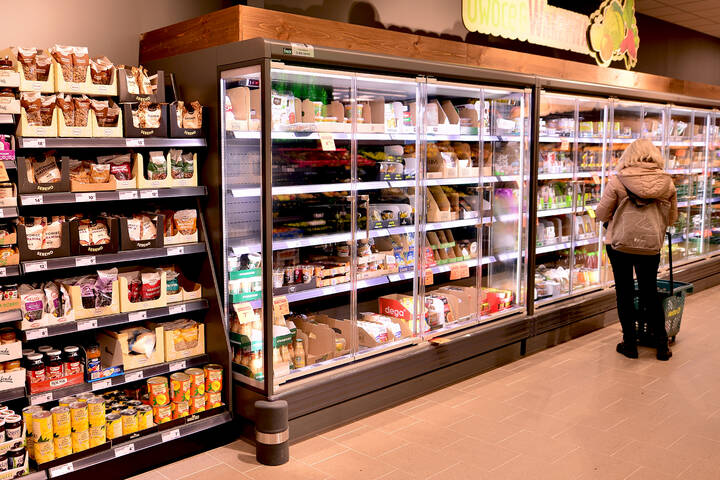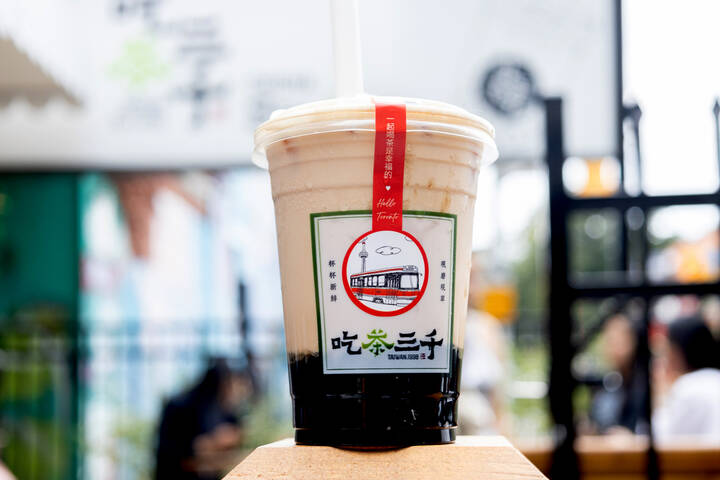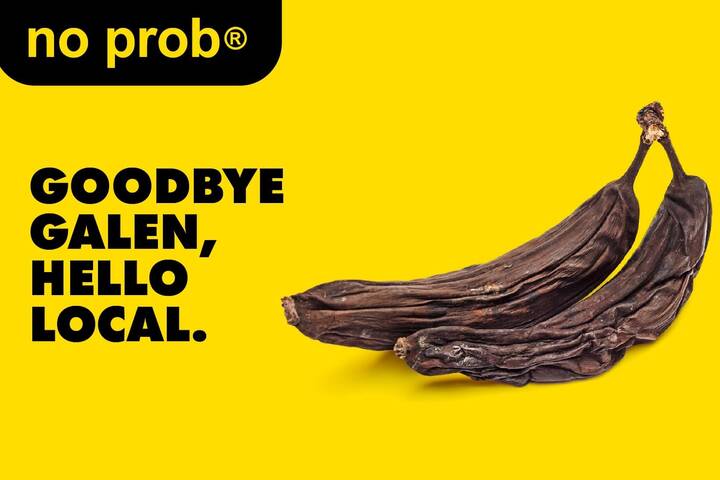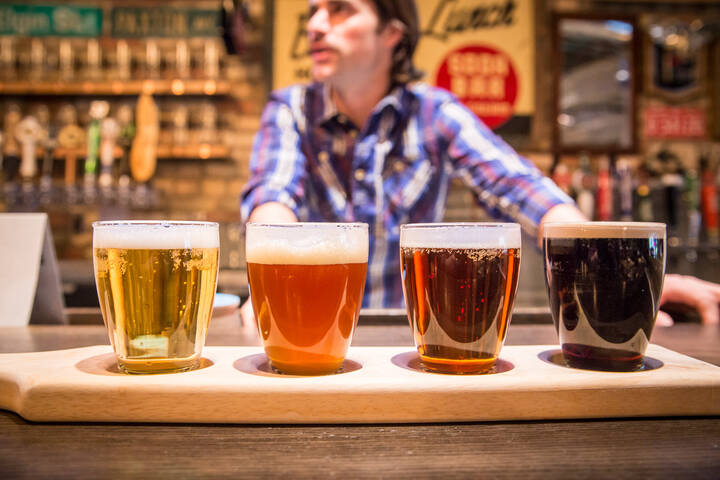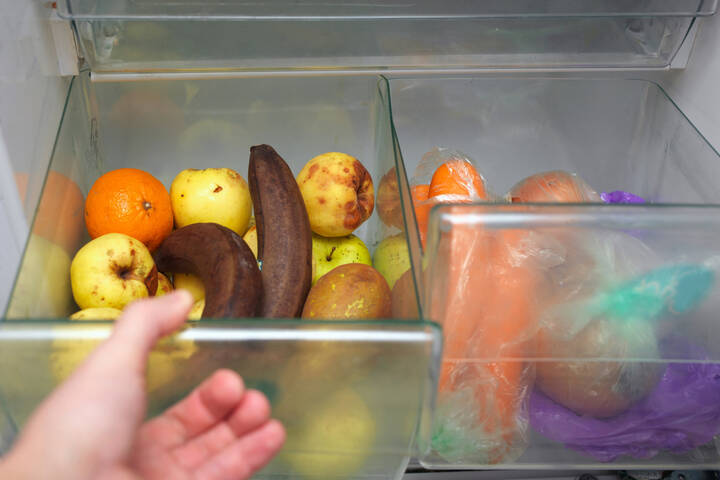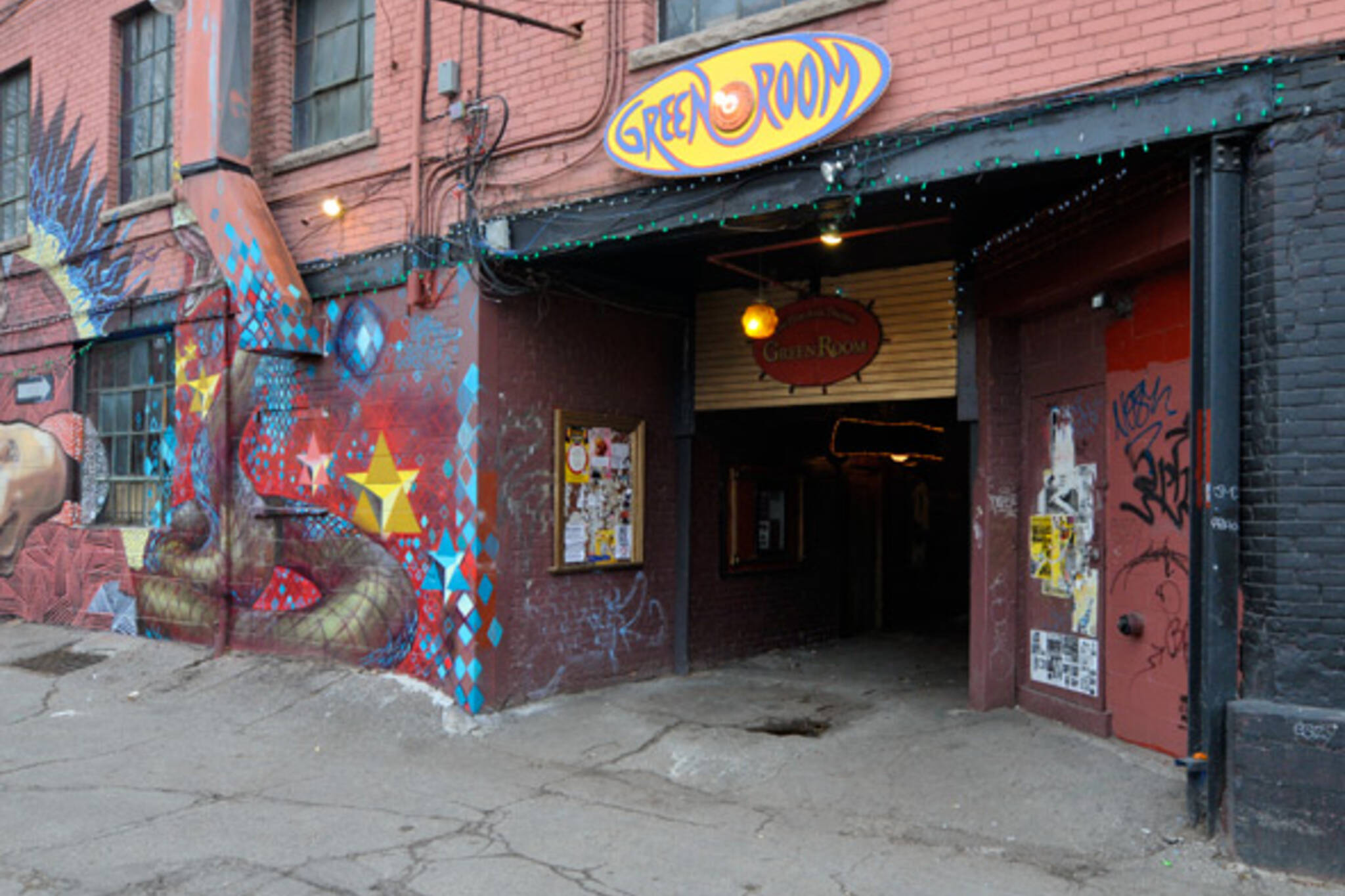
What does it take for DineSafe to close a restaurant?
Each week, Toronto Public Health inspects restaurants across the city, making the results public via its DineSafe database. And, each week, there are some results that come off as a little bit horrifying, to say the least. Most consumers, when they see a conditional pass given to a restaurant with a significant infraction relating to employees' handwashing practices, for example, would at least look into the inspection system a little bit deeper.
What's interesting is that the city doesn't appear to keep organized records of restaurants that have been shut down permanently. I called Toronto Public Health and asked them for such a list, and they insisted they didn't have one. Public Health doesn't have the power to shut a business down for good, only to issue a temporary closure to give the restaurant a chance to clean up its act.
When they feel a restaurant's license should be revoked, they refer it to a Toronto Licensing Tribunal, which in turn looks at whether the business should stay open. According to spokespeople there, only one restaurant, the Green Room, has had its license permanently revoked since 2008. Public Health doesn't keep a record of this, and, at first, Municipal Licensing said it didn't, either.
I spoke with Wolf Saxler, a manager of food safety, about restaurants with repeated infractions in the same realm, like consistent failure on the part of an establishment to regulate pests or maintain safe food temperatures. I asked him what it took for a restaurant to be closed down permanently. Saxler said it's quite rare for the city to close down an establishment on a permanent basis. It's somewhat rare, too, in fact, for a business to even be issued a red card and be closed temporarily. A total of 29,188 inspections were conducted in 2012, and these resulted in just 38 red cards.
Saxler, who has been with Public Health for 33 years, says the conditions have to be beyond any regular level of shoddiness for the restaurants to be recommended to the tribunal, let alone closed. As an example, he says if Public Health found mouse droppings or cockroaches in a restaurant's storeroom, but nowhere else on the premises, they might be given a conditional pass, which means they're able to stay open provided they correct the problem. He says wherever they can, Public Health doesn't like to put the safety of a business in jeopardy.
He also says referring a restaurant to the tribunal is not an action Public Health takes lightly, because there's an appeal process and they could find themselves in court to defend their actions. Saxler also says there are problems with the system as it stands. The operator can just get their friend or a partner to reapply for the license under a different name, he says, and that kind of switch has gone through in the past.
"We do try to be fair if there are repeat infractions," he says. "We're not there to be nags."
"If we come and none of the fridges are working and there are cockroaches everywhere, that's an immediate hazard." In that case, a red card would be issued. And if it kept happening, a restaurant might be referred to the tribunal.
In the case of the Green Room, the restaurant failed its health inspection four times in two years. In 2010 David Topping wrote for Torontoist that "since December 23, 2008, the Green Room has amassed no fewer than eighty-six cited health infractions from Toronto Public Health's Food Safety Program." 15 of those infractions were in the "crucial" category, which is the most serious, and included egregious errors like two counts each of "fail[ing] to ensure food is not contaminated/adulterated" and "fail[ing] to prevent a rodent infestation" and one count of "fail[ing] to wash hands when required." The city of Toronto took legal action against the Green Room, doling out $6,500 in fines within the span of a year.
Saxler was unable to provide details of how many businesses have been referred to the tribunal in recent years, or what their names were. Media relations people also said the branch didn't keep a list of businesses that have been closed as a result of threatening public health and safety.
What do you think? Is it too difficult for a business to have its license revoked? Or is the city just being fair by giving businesses second chances?
Latest Videos
Latest Videos
Join the conversation Load comments
